For decades, oil and gas operators have leaked or burned off natural gas in the course of their operations, paying nothing to the taxpayer for the valuable resource that is lost. As a result, taxpayers have been shortchanged hundreds of millions of dollars in unpaid royalties.
Drilling for oil and gas on federal lands has been going on for generations. Business practices have changed pretty dramatically over the last few decades as new technologies have made it possible to extract minerals from previously out-of-reach formations. Directional drilling and hydraulic fracturing have changed the energy market in the United States, and even the world.
 |
|
Ryan Alexander is the
president of TCS
|
New techniques have also brought new challenges for the agency charged with managing the nation’s federal lands, the Bureau of Land Management. As different basins have become hotbeds for new drilling, field offices have been swamped with applications to drill. Places like North and South Dakota have become like the Wild West. Wildcatters and oil giants alike have raced to lay claim to some of the huge deposits of natural gas.
The recent drilling boom has strained not only the bureaucrats but also the rules they adopted decades ago. Drillers are venting and burning (or flaring) off huge quantities of natural gas as they scramble to set up shop. The gas is cheap and the existing federal rules don’t prohibit it. Enough gas to power 6 million homes was lost during the last decade.
Last week, the Bureau of Land Management finalized new rules that would limit the amount gas companies could waste during drilling and imposed royalty payments on some of it. My organization, Taxpayers for Common Sense, praised the new rules as being in the best interest of taxpayers. Wasting billions of cubic feet of gas mined from public lands is, well, a waste. It’s a waste of a resource and a loss to taxpayers because it’s not being sold, and as a result, no royalties are being collected on it.
The new rule is already a target for industry boosters, and some members in Congress have indicated their intention to scuttle it. This would be a step back for taxpayers. One of the oil and gas industry’s principal arguments against this new rule is that it would increase costs for consumers. This is half-baked at best, since energy prices are set on the global market, in Saudi Arabia as much as in North Dakota.
As for the next Congress and the new administration, torpedoing this rule, based on the fiction that this rule is about environmental regulation, would be a sign of hostility toward responsible policy. Waste is not the same thing as pollution, and stopping waste is a goal all taxpayers can agree on.
While some detractors of the updated rule would argue that the tighter waste standards could limit production, we believe capturing more methane could lead to increased revenue for both the states and federal taxpayers. In fact, according to the Center for Methane Emissions Solutions, in Colorado, some oil and gas operators are already profiting from the increased capture of methane following a 2014 state rule-making.
The Bureau of Land Management’s job is to ensure taxpayers receive a fair return from the development of minerals from public lands. That is what this rule is about. What the new administration and the next Congress decide to do with this rule will say a lot about their willingness to get a fair market value for federal assets. And that says a lot about their commitment to fiscal responsibility.


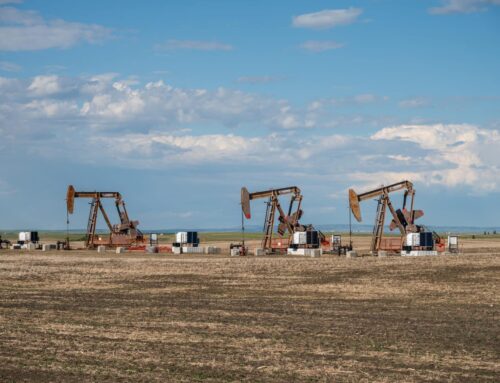
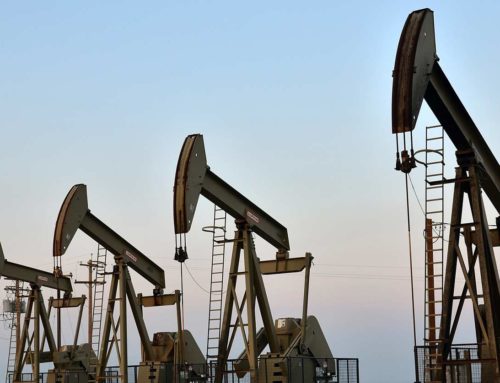
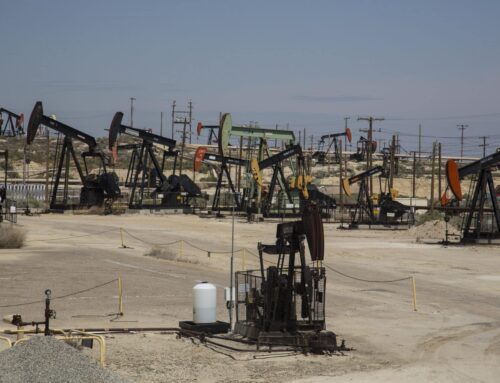
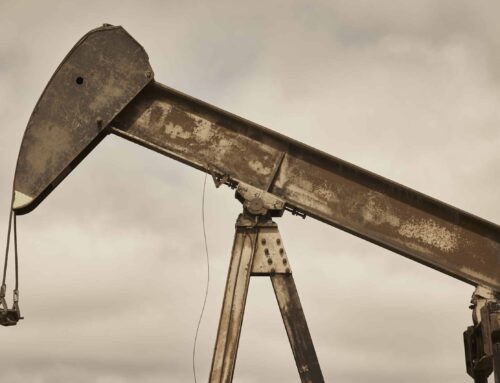
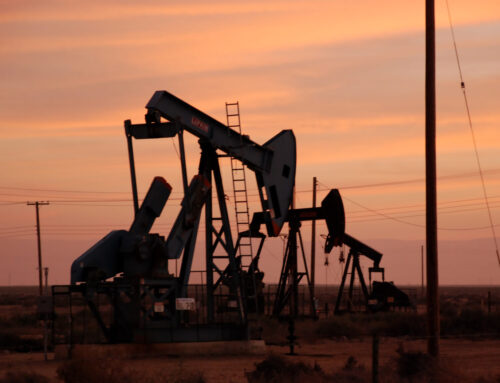



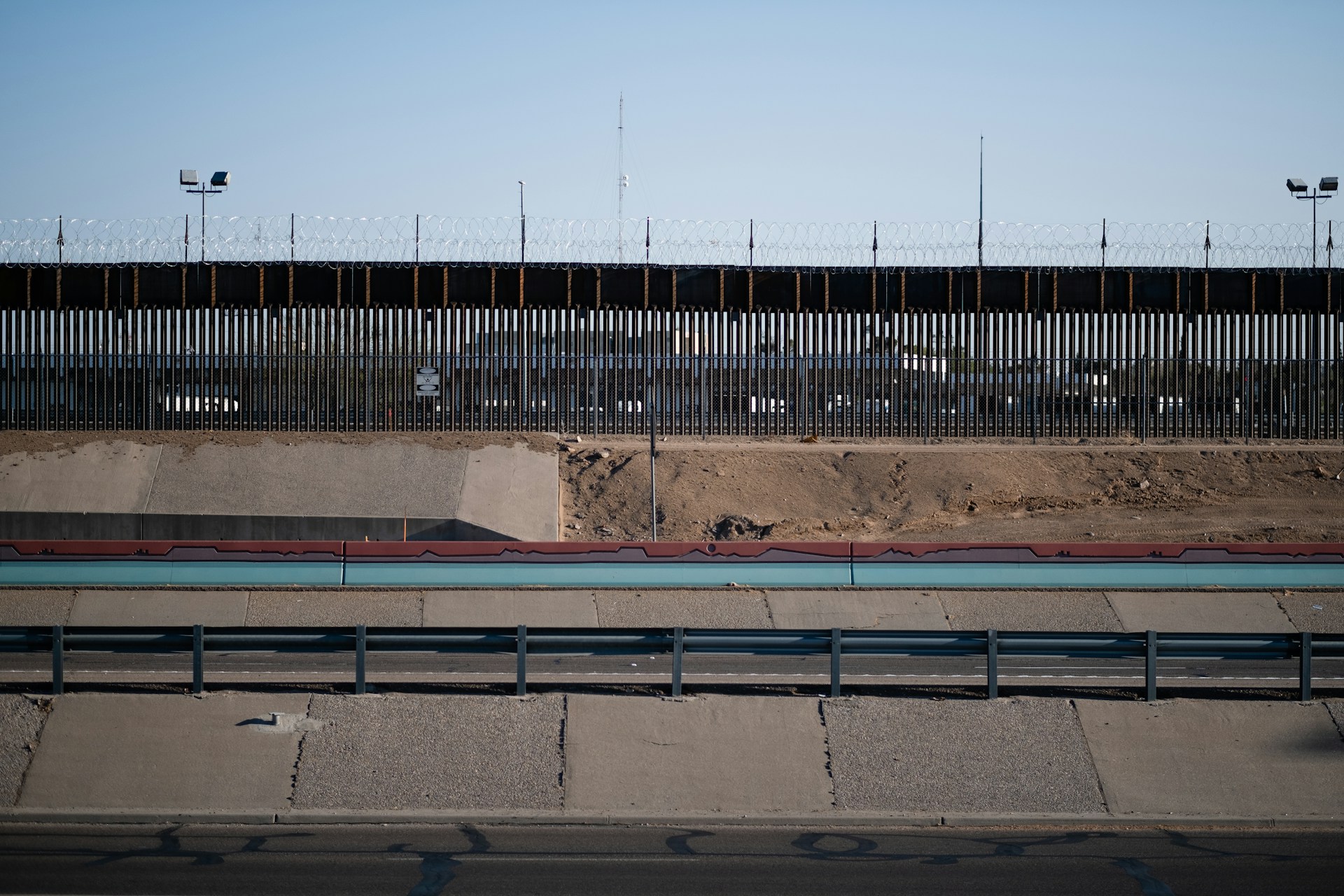


Get Social